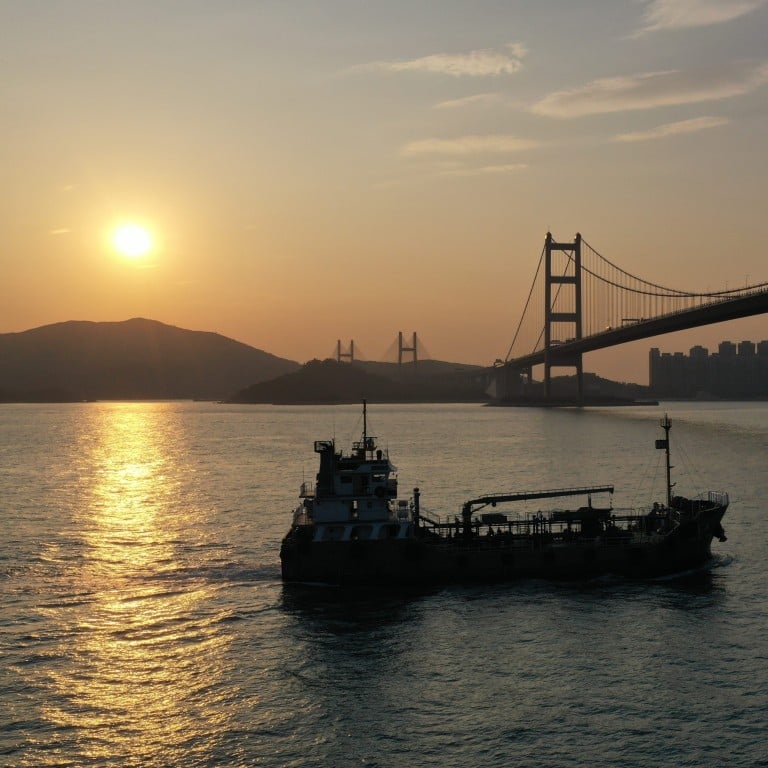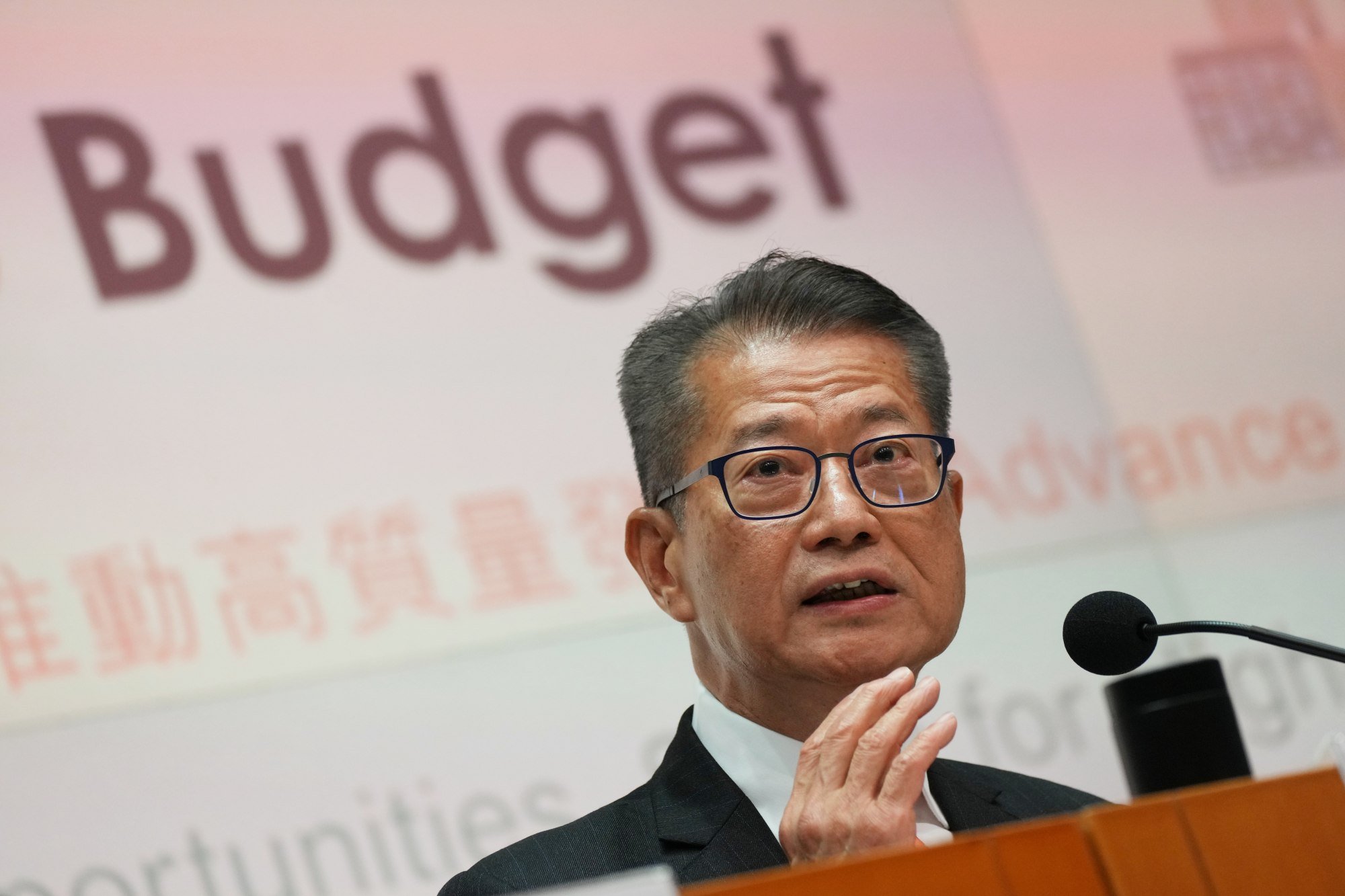
Hong Kong puts shipping industry on greener course
- City push for regional green fuel bunkering centre will offer incentives to vessel owners and industry to be more environmentally friendly
Hong Kong has always been one of the great maritime cities. Surrounded by water and boasting more than 250 islands, historically it emerged as a pioneer for trade and shipping in the early 1800s.
Its container port was once the busiest in the world, and still ranks in the top 10 globally.
It therefore should be no surprise that Hong Kong once again hopes to harness its seafaring origins to set a new course for growth in the sector. This time, the city aims to lead the way in the greening of the shipping industry.
It certainly appears a worthy, if long overdue, endeavour: When it comes to fossil fuels, the world’s shipping industry burns some of the dirtiest stuff around.

In this week’s budget unveiled by Financial Secretary Paul Chan Mo-po, Hong Kong aims to set up a regional green fuel bunkering centre, providing infrastructure and financial incentives to vessel owners and the industry to make them more environmentally friendly. The idea is to subsidise shipowners, who hope to attain a higher carbon-reduction rating from the International Maritime Organization through retrofitting their vessels, to be more energy-efficient and use greener fuels, such as methanol.
Those who fail to make the top three A-C grades for three years in a row will be required to submit action plans for improvement to grade C. The city also aims to be a bunkering centre for methanol, which studies show can reduce emissions of carbon dioxide by 7 per cent, and cut polluting sulphur and nitrogen oxides even further.
The plan is among a raft of others designed to boost Hong Kong’s status as an international logistics hub. What is more, the ambitions of the city to become a centre of green technology and environmental finance were on display this week when it hosted Hong Kong Green Week for initiatives to promote sustainable development.
Lack of infrastructure ‘hindering projects to cut ships’ carbon emissions’
It is high time for a cleaning up of the seas. Hong Kong in 2022 ranked fourth globally for the number of registered vessels, behind Panama, Liberia and the Marshall Islands.
Ships can now use new greener fuels such as cleaner burning LNG, or methanol, hydrogen or other biofuels. The city can and should lead the way, and set a course for its shipping companies to help the greening of the industry.

